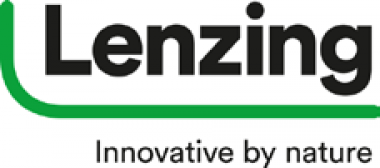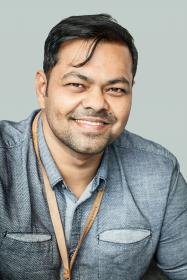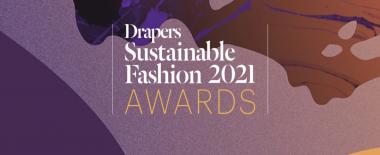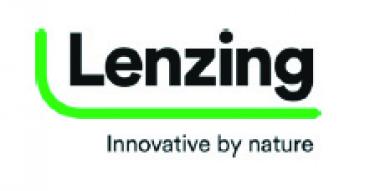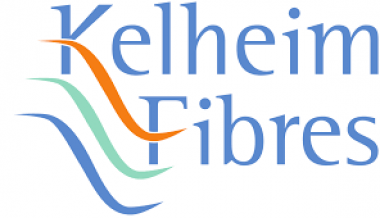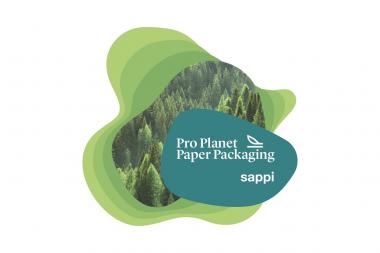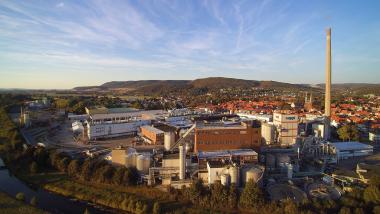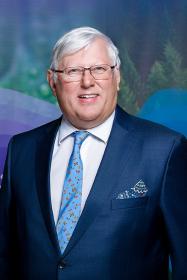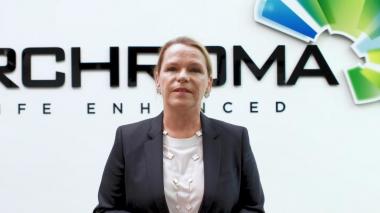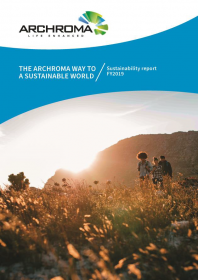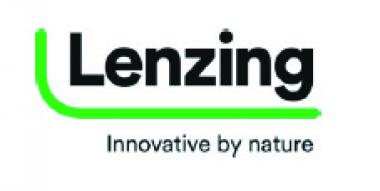Emma Scalcon wins Imagining Sustainable Fashion Award
- EMMA SCALCON is the winner of the first edition of the IMAGINING SUSTAINABLE FASHION AWARD, an international competition for communication in sustainable fashion.
The award was established in October 2020 by Connecting Cultures and C.L.A.S.S. with the aim of creating new visual imagery and innovative communication models in sustainable fashion. Stylists, photographers, designers, illustrators, artists and other creatives, invited to rethink how to communicate the new generation of values of an ethical and sustainable fashion system, joined the open and international call.
The name of the winner of the IMAGINING SUSTAINABLE FASHION competition was announced during a webinar on March 30th at 4pm led by Giusy Bettoni, CEO of C.L.A.S.S. Eco Hub; Anna Detheridge, President of Connecting Cultures; Lucy Orta, Chair, Art & the Environment, University of the Arts London; and Dio Kurazawa, Founding Partner of The Bear Scouts.
Born in Padua, Italy, 22 years old, and a student in her second year in Textile & Fashion Design at IAAD - Istituto d'Arte Applicata e Design, Emma Scalcon won the IMAGINING SUSTAINABLE FASHION competition with her project TAKE A WALK ON THE GREEN SIDE, designing communications crafted with strong and impactful images and simple but detailed wording intended for younger consumers to inform them about sustainable fashion issues.
Scalcon ranked first among the finalists selected by a high profile jury composed of:
· Anna Detheridge, Founder and President, Connecting Cultures
· Giusy Bettoni, CEO and Founder, C.L.A.S.S.
· Rita Airaghi, Director, Gianfranco Ferré Foundation
· Paola Arosio, Head of New Brands & Sustainability Projects, Camera Nazionale della Moda Italiana (The National Chamber for Italian Fashion)
· Jeanine Ballone, Managing Director, Fashion 4 Development
· Evie Evangelou, Founder and President, Fashion 4 Development
· Chiara Luisi, Sustainability Projects Coordinator, Camera Nazionale della Moda Italiana (The National Chamber for Italian Fashion)
· Sara Kozlowski, Director of Education and Sustainable Strategies, Council of Fashion Designers of America
· Dio Kurazawa, Socio fondatore, The Bear Scouts
· Renata Molho, Founding Partner, The Bear Scouts
· Lucy Orta, Chair, Art & the Environment, University of the Arts London
· Stefania Ricci, Director, Museo Salvatore Ferragamo
Emma Scalcon was awarded the €3,000 prize, made possible by the Main Sponsor ROICA™ by Asahi Kasei and by the other sponsors of the project: ECOSENSOR™ by Asahi Kasei - a latest generation fabric collection that promotes responsible innovation with advanced high-tech performance, C.L.A.S.S., and the Greek smart cotton SUPREME GREEN COTTON® by Varvaressos.
“It is time to be pioneers in communication and for this we have supported the Imagining Sustainable Fashion Award,” commented Takaaki Kondo, global marketing department manager for ROICA™ by Asahi Kasei, the Main Sponsor of the award. ROICA™ by Asahi Kasei is a high quality stretch fibre with an innovative range of intelligent functions to satisfy every modern wardrobe need for sports, underwear, and fashion. “We believe that together with responsible innovation, communication is the key to bring sustainability to the next level: to inspire, educate, inform and allow both professionals and consumers to make the right choices.”
“The competition is an opportunity to rethink how to communicate the new and different values of an ethical and sustainable fashion system,” explained Anna Detheridge. “I am quite impressed with the results of the competition — the diversity of forms that we received show both an interesting change in sensibility and a practical approach to communicating these values. There is less visual rhetoric and reliance on compelling images and more investment in basic information and a greater variety of narratives.
It is a great pleasure to see the energies from a wealth of young creatives, small businesses, and designers from all over the world with cross-disciplinary interests and a diversity of talents who are ushering in a new culture of design. My heartiest congratulations go to Emma Scalcon".
“I completely agree with Anna's comments on the quality of the work submitted by participants in the competition and together we have renewed our intention to continue IMAGINING SUSTAINABLE FASHION into 2021 with a new edition of the award,” stated Giusy Bettoni. “After this initial experience, we find ourselves even more motivated to explore some of the themes that emerged during the selection process, in particular those regarding the ethics of intellectual and cultural property, a topical issue in an industry like fashion. For this reason, we are already working together on organizing a webinar on this topic with outside specialists, including legal experts.”
21 Grams, the group comprised of Veronica De Nigris, Serena Paone e Immacolata Esposito, won a special contest open to the public among the finalists selected by the jury, receiving the most votes from Instagram followers on C.L.A.S.S.’s corporate Instagram profile. The media partner for the initiative is Renoon, the leading search tool and data hub for sustainable fashion, a rising start-up of the year, aggregating +190 brands offering sustainable options to consumers.
Emma Scalcon Imagining Sustainable Fashion Award ROICA™ Asahi Kasei ECOSENSOR™ Sustainability sustainable fashion
GB Network Marketing & Communication






